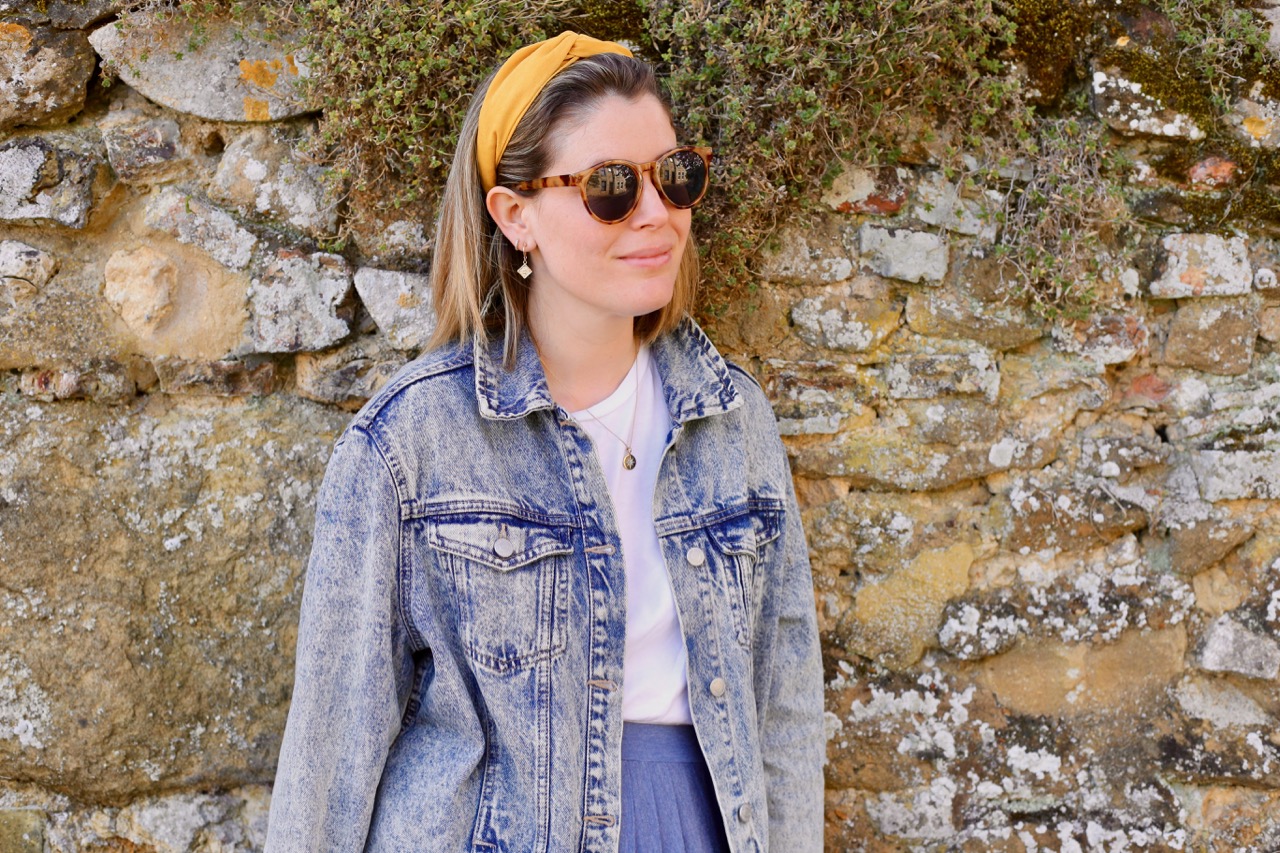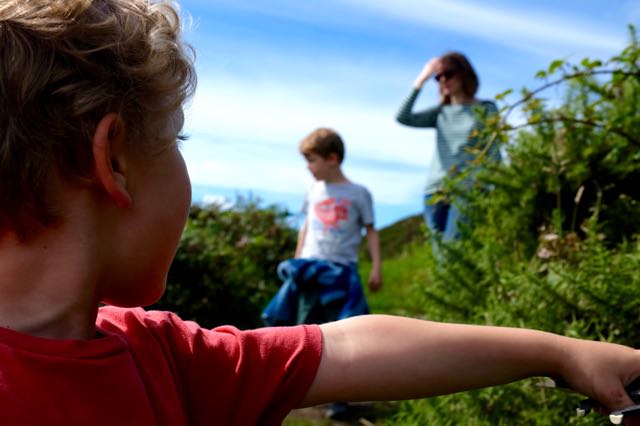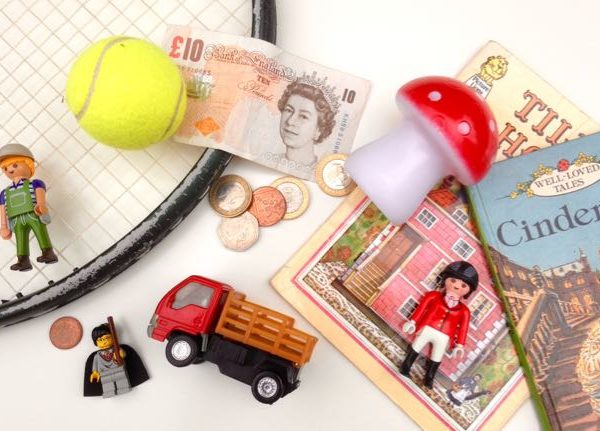I have two children, aged five and seven. Ever since they were babies I’ve tried to be a relaxed parent. I say tried, but really it wasn’t a conscious decision – it was my instinctive response to becoming a mother.
So, what do I mean by relaxed parenting?
In a nutshell, it means don’t be afraid to learn as you go along. Nobody becomes an expert on parenting by reading hundreds of books, they learn through experience. Some of this is instinctive, some of it isn’t. Follow your instincts: you know your child better than anyone else. Sometimes you won’t know what to do, but most problems resolve themselves as quickly as they started, to be replaced by new questions and challenges.
Let your child lead the way, gently guided by you. And don’t be afraid to back off if things don’t work. When my children were little, everyone convinced me that the only way for children to learn to swim was to start early. I was swayed by this and signed my eldest up for lessons. We went, week after week. He really didn’t like it, and made little progress. I was torn between wanting him to be happy, and worrying that I was encouraging him to give up too easily. In the end, I chose to make him happy: we stopped lessons. Three years later we started again, when he was ready. This time round, things are so much better and I’m glad I let him lead the way.
Don’t be too hard on yourself. When you’re a parent to a young child, every little detail can feel like a big deal. I felt really guilty about the swimming, but in the end it didn’t matter. When they’re really young, it really isn’t worth doing things that make everyone unhappy. Take baby groups: if you like them and your child does too, then go and make the most of them. But if you don’t enjoy them, then simply do something else instead. Children don’t really interact that much with each other until they’re over a year old anyway. I liked to go to baby groups to chat to other mums, but I still remember how hard it was when nobody spoke to you. Try not to let it get to you. Playgroups tend to work better when your children are toddling and can interact more – there’s no need to go much before then (unless you really want to).
Don’t be too rigid. Find a simple daily routine that works for you, but don’t be afraid to loosen up. Sometimes children change overnight, and what worked one week won’t work the next. Relax, and try something new. Your routine will inevitably change over time and things can’t stay the same forever. And don’t be afraid to break your rules every now and again: the world won’t come tumbling down. Make the most of the freedom of early childhood.
And finally, remember that everyone else is making it up as they go along too. However together other parents may seem, the chances are they have no clue what they’re doing either. All you can do is learn from your child, learn from other parents and trust your instincts. Try not to compare yourself to anyone else – learn from them, yes, but remember to do what works for you.
This blog post (written by me) first appeared on the Organic Mama blog.





Lizzie, you are a genius! I wish your wise words could be engraved in every parent’s heart. XXXXX
Thanks Ruth! We’re none of us perfect, but trying to be relaxed is good place to start isn’t it!
What a great post! Really helpful, thanks. I have found there are so many new things to adapt to and learn since becoming a mum, so it is great to hear your thoughts as someone who has been there! I am currently grappling with the way becoming a mum, and in my case a stay at home mum, changes your life so much! I would love to hear your tips for adapting to motherhood, such as what to let go of from your life before, what to hold on to, and the things that have helped you to manage the transition? I think it comes through in your blog, that the little home comforts go a long way to enhancing life as a mother. Thanks again!
Ah thank you so much Anna. I’m so glad you found it a useful read. You’ve inspired me to write more about it now, thanks! x